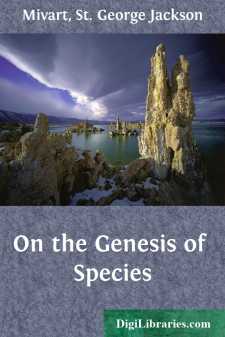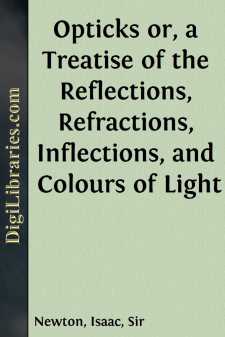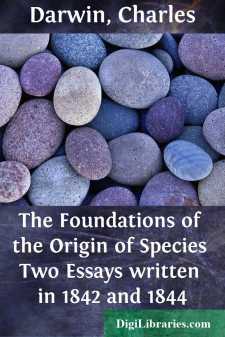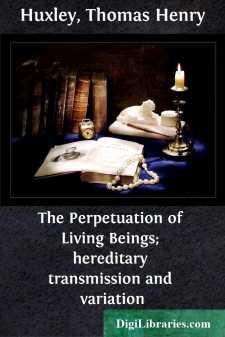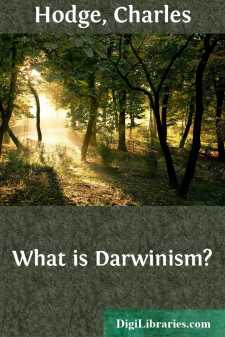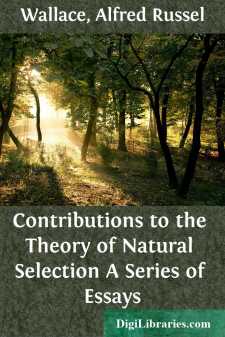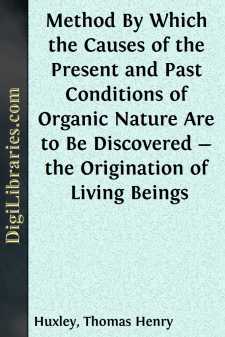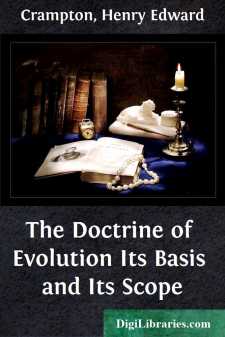Categories
- Antiques & Collectibles 13
- Architecture 36
- Art 48
- Bibles 22
- Biography & Autobiography 815
- Body, Mind & Spirit 144
- Business & Economics 28
- Children's Books 18
- Children's Fiction 14
- Computers 4
- Cooking 94
- Crafts & Hobbies 4
- Drama 346
- Education 58
- Family & Relationships 59
- Fiction 11834
- Games 19
- Gardening 17
- Health & Fitness 34
- History 1378
- House & Home 1
- Humor 147
- Juvenile Fiction 1873
- Juvenile Nonfiction 202
- Language Arts & Disciplines 89
- Law 16
- Literary Collections 686
- Literary Criticism 179
- Mathematics 13
- Medical 41
- Music 40
- Nature 179
- Non-Classifiable 1768
- Performing Arts 7
- Periodicals 1453
- Philosophy 65
- Photography 2
- Poetry 896
- Political Science 203
- Psychology 44
- Reference 154
- Religion 515
- Science 126
- Self-Help 85
- Social Science 83
- Sports & Recreation 34
- Study Aids 3
- Technology & Engineering 59
- Transportation 23
- Travel 463
- True Crime 29
Our website is made possible by displaying online advertisements to our visitors.
Please consider supporting us by disabling your ad blocker.
On the Genesis of Species
Description:
Excerpt
INTRODUCTORY.
The problem of the genesis of species stated.—Nature of its probable solution.—Importance of the question.—Position here defended.—Statement of the Darwinian Theory.—Its applicability to details of geographical distribution; to rudimentary structures; to homology; to mimicry, &c.—Consequent utility of the theory.—Its wide acceptance.—Reasons for this, other than, and in addition to, its scientific value.—Its simplicity.—Its bearing on religious questions.—Odium theologicum and odium antitheologicum.—The antagonism supposed by many to exist between it and theology neither necessary nor universal.—Christian authorities in favour of evolution.—Mr. Darwin's "Animals and Plants under Domestication."—Difficulties of the Darwinian theory enumerated.
The great problem which has so long exercised the minds of naturalists, namely, that concerning the origin of different kinds of animals and plants, seems at last to be fairly on the road to receive—perhaps at no very distant future—as satisfactory a solution as it can well have.
But the problem presents peculiar difficulties. The birth of a "species" has often been compared with that of an "individual." The origin, however, of even an individual animal or plant (that which determines an embryo to evolve itself,—as, e.g., a spider rather than a beetle, a rose-plant rather than a pear) is shrouded in obscurity. A fortiori must this be the case with the origin of a "species."
Moreover, the analogy between a "species" and an "individual" is a very incomplete one. The word "individual" denotes a concrete whole with a real, separate, and distinct existence. The word "species," on the other hand, denotes a peculiar congeries of characters, innate powers and qualities, and a certain nature realized indeed in individuals, but having no separate existence, except ideally as a thought in some mind.
Thus the birth of a "species" can only be compared metaphorically, and very imperfectly, with that of an "individual."
Individuals as individuals, actually and directly produce and bring forth other individuals; but no "congeries of characters" no "common nature" as such, can directly bring forth another "common nature," because, per se, it has no existence (other than ideal) apart from the individuals in which it is manifested.
The problem then is, "by what combination of natural laws does a new 'common nature' appear upon the scene of realized existence?" i.e. how is an individual embodying such new characters produced?
For the approximation we have of late made towards the solution of this problem, we are mainly indebted to the invaluable labours and active brains of Charles Darwin and Alfred Wallace.
Nevertheless, important as has been the impulse and direction given by those writers to both our observations and speculations, the solution will not (if the views here advocated are correct) ultimately present that aspect and character with which it has issued from the hands of those writers....


